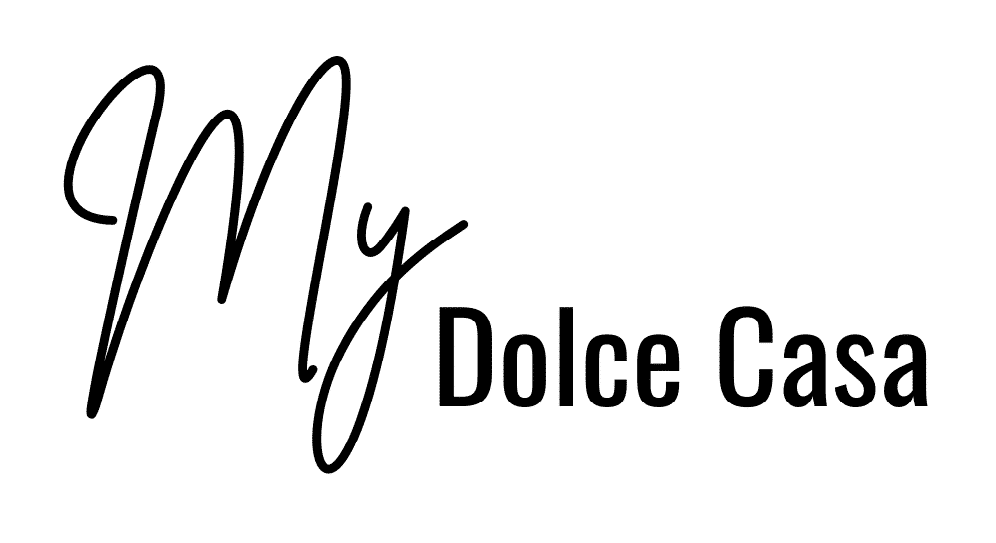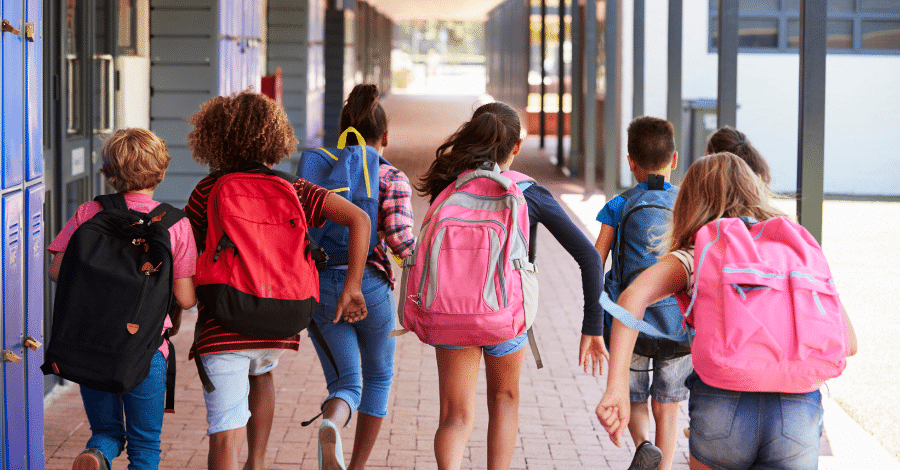France has a robust education system that caters to a diverse range of students, both French and international. Most expat families enroll their children in international schools in France, particularly because they seek instruction in their native language (often English), and also because they also want their children to learn in a more familiar set up that’s similar to what they had in their home country.
The French education system, renowned for its high standards, begins at the tender age of three. State schools across the country are free and accessible for all children living in France.
For those seeking alternative pathways, private French schools offer a comparable curriculum while maintaining reasonable fees, making quality education attainable for a broader audience. A third option to educate your kids in France are international schools, which are private institutions that typically require high tuition fees.
Venturing beyond the borders of traditional French education, international schools are the most popular choice for foreign families living in France and for locals with a global perspective. Here, the educational landscape diversifies further, offering an array of options.

Some international schools adopt English as the primary language of instruction, welcoming students into a world of linguistic exploration. Others offer bilingual programs, bridging cultural divides with a blend of languages and perspectives. Yet more remain French at heart but incorporate an international section, providing a multifaceted education.
These international schools are far from scarce, with around 120 primary schools and 200 middle schools scattered across France, boasting international programs that promise to broaden horizons. Some even grant international students the opportunity to sit a bilingual exam at the completion of secondary school.
Curriculum types available in international schools in France
The curricula in France’s international schools mirror the global patchwork of education, offering options such as the International Baccalaureate (IB), the Baccalauréat français international (BFI), the UK curriculum, and the American curriculum. Students can tailor their learning experience to align with their aspirations and their own culture.
Within this diverse landscape of international education, various types of schools cater to different age groups. The International Primary Curriculum (IPC) focuses on nurturing international-mindedness in children aged three to ten. Meanwhile, the International Baccalaureate (IB) takes center stage in 23 schools across France, offering both Diploma and Career-related Programs. For those fluent in French, the Baccalauréat français international (BFI) provides a tailored option.
American international schools, offering Advanced Placement (AP) classes, prepare students for a US-based program. British international schools, on the other hand, guide students through English GCSE and A-Level exams. International General Certificate of Secondary Education (IGCSE) programs, equivalent to their English counterparts, find their place in many international schools. Lastly, the European Baccalaureate (EB) is reserved for the children of EU employees and is offered by European Schools.

Pros and cons of enrolling in an international school in France
Pros:
- extensive extracurricular activities
- state-of-the-art facilities
- globally recognized qualifications
- a diverse community of teachers and students
- a strong emphasis on multiculturalism and languages
- smaller class sizes
- a high teacher-student ratio
This consistency can be particularly appealing for families facing frequent international moves, and parents can often communicate in their native language, easing the transition for both students and their families. However, international education comes with its own set of challenges.
Cons:
- the costs can be substantial, although scholarships and subsidies are available to mitigate the financial burden
- challenging to integrate into the local culture and language
- the entrance tests can add extra pressure
- international schools are primarily concentrated in larger cities like Paris, which may limit accessibility for families residing in more rural areas
Like any educational endeavor, international schools come with their own set of advantages and disadvantages. The perks include exposure to diverse cultures, preparation for global university experiences, and the acquisition of multiple languages. However, these advantages are balanced by higher costs, potential language barriers, and limited availability in certain regions.

Choosing the right international school in France becomes a pivotal decision, one that can shape a child’s educational journey. To make an informed choice, parents must consider factors such as curriculum, language of instruction, location, fees, accreditation, and extracurricular activities. A thorough investigation, including school visits and conversations with current students and parents, provides valuable insights.
How much do international schools in France cost?
Good international schools in France come at a steep cost resembling college tuition level. The annual tuition is usually upwards of $20,000, to which an application fee and admission fee are added, bringing the total amount above $25,000 in most cases.
Additionally, the tuition amount grows along with your child. The tuition for higher grades is usually more expensive than for lower grades, such that you may start in the $20,000s for a preschooler and reach the mid to upper $30,000s for a highschooler.
Fortunately, many expats relocating to France for a job have their children’s tuition (or part of it) covered by their employer. For families seeking financial aid or scholarships, some international schools in France extend a helping hand to eligible students. Researching scholarships from organizations dedicated to supporting international education and contacting individual schools for available programs is a crucial step in this process.
Navigating the financial aid application process involves adhering to each school’s or scholarship program’s specified requirements. This typically entails gathering necessary documents like financial records and academic transcripts, submitting applications within prescribed deadlines, and participating in any required interviews or examinations.

To facilitate this journey, a plethora of resources exists at your fingertips. Official school websites offer detailed information about their programs and admissions processes. Educational organizations and online platforms provide guidance on choosing an international school.
Reading reviews and testimonials from current or former students and parents lends valuable perspectives, while expat communities and forums dedicated to education in France provide a supportive network.
Other types of international schools in France
Beyond the mainstream curricula and institutions, it’s worth noting that the European Baccalaureate (EB) in France attracts over 1,500 students annually, consisting of five written exams, two elective subject exams, and three oral exams.
Other national international schools also make their mark on France’s educational landscape, including the Alye Parussa bilingual Russian school, École Japonaise du Nord-Pas de Calais, International Deutsche Schule Paris, and the Swedish School in Paris.
Religious schools offer an alternative path, focusing on French-language curriculum. Before considering these schools, parents should conduct thorough research into their rankings. Examples include the Ecole Juive Moderne, which offers a trilingual primary and middle-school program, English-language Catholic schools, and private Islamic schools.
For those seeking innovative approaches to education, recognized Montessori and Steiner-Waldorf schools in France provide the freedom to teach based on unique philosophies. Some even accept older children and offer conventional qualifications.

Why and how to choose an international school in France for your children
When making the pivotal decision of selecting an international school, parents should consider factors like location, the education system, the nationalities represented, languages spoken, available qualifications, the school’s reputation and academic results, fees, admission and enrollment procedures, as well as the range of extracurricular activities and facilities on offer.
Financial aid and scholarships for international schools vary depending on whether the school is public or private. Some state subsidies are available for low-income families, and additional scholarships and grants may exist. Prospective students and their families must adhere to the specific application processes set out by each institution.
Beyond the regular school year, summer camps and daycares offer a structured environment for children during the summer months. These programs provide a range of activities for children to participate in, ensuring they continue to learn and grow even when school is out of session.
In the intricate web of France’s education system, you have a multitude of options at your disposal, each offering unique advantages and challenges. When moving your family to France, careful consideration and research will guide you to the local educational path best suited to your needs and aspirations.

